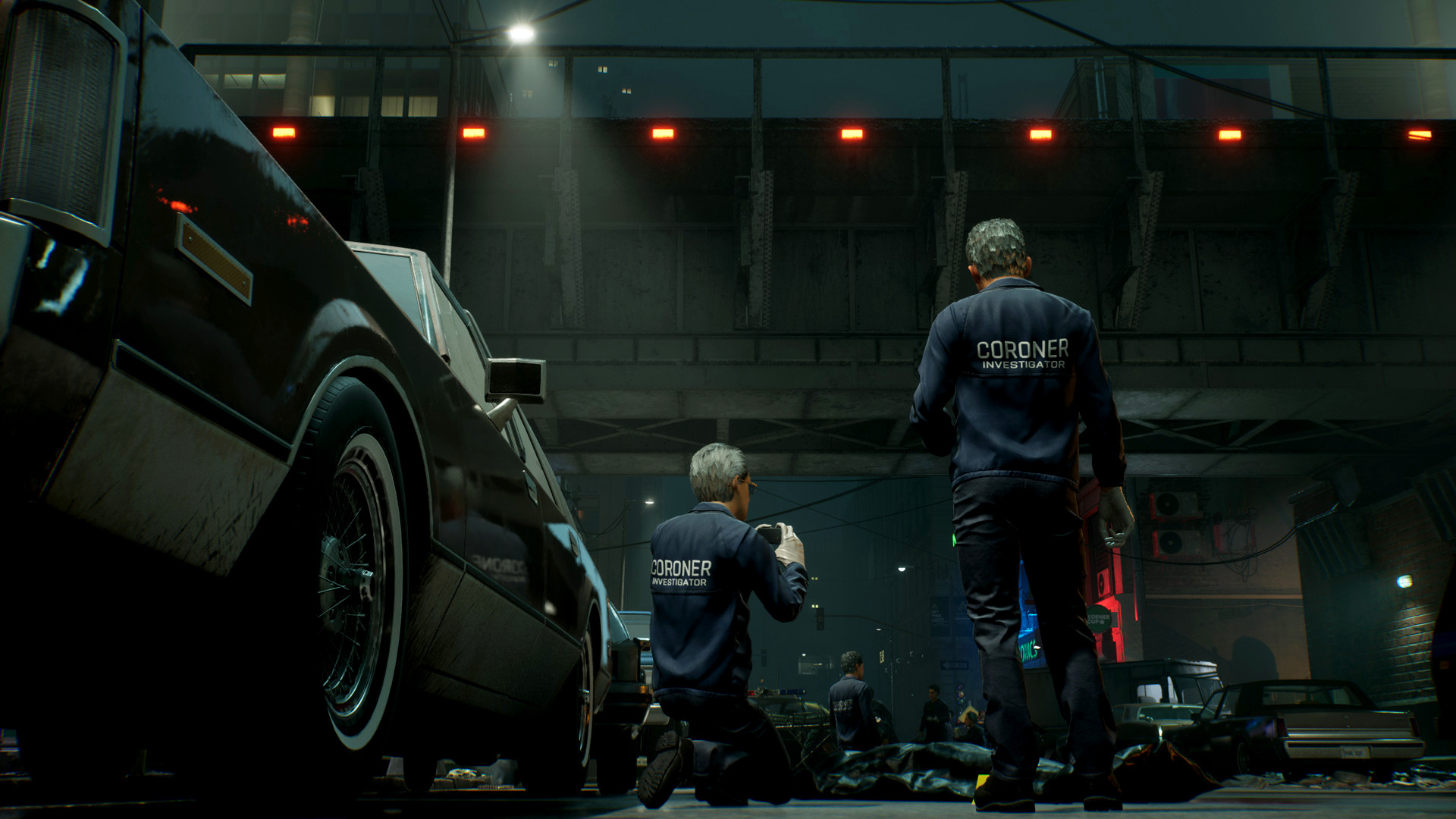RoboCop Game Review
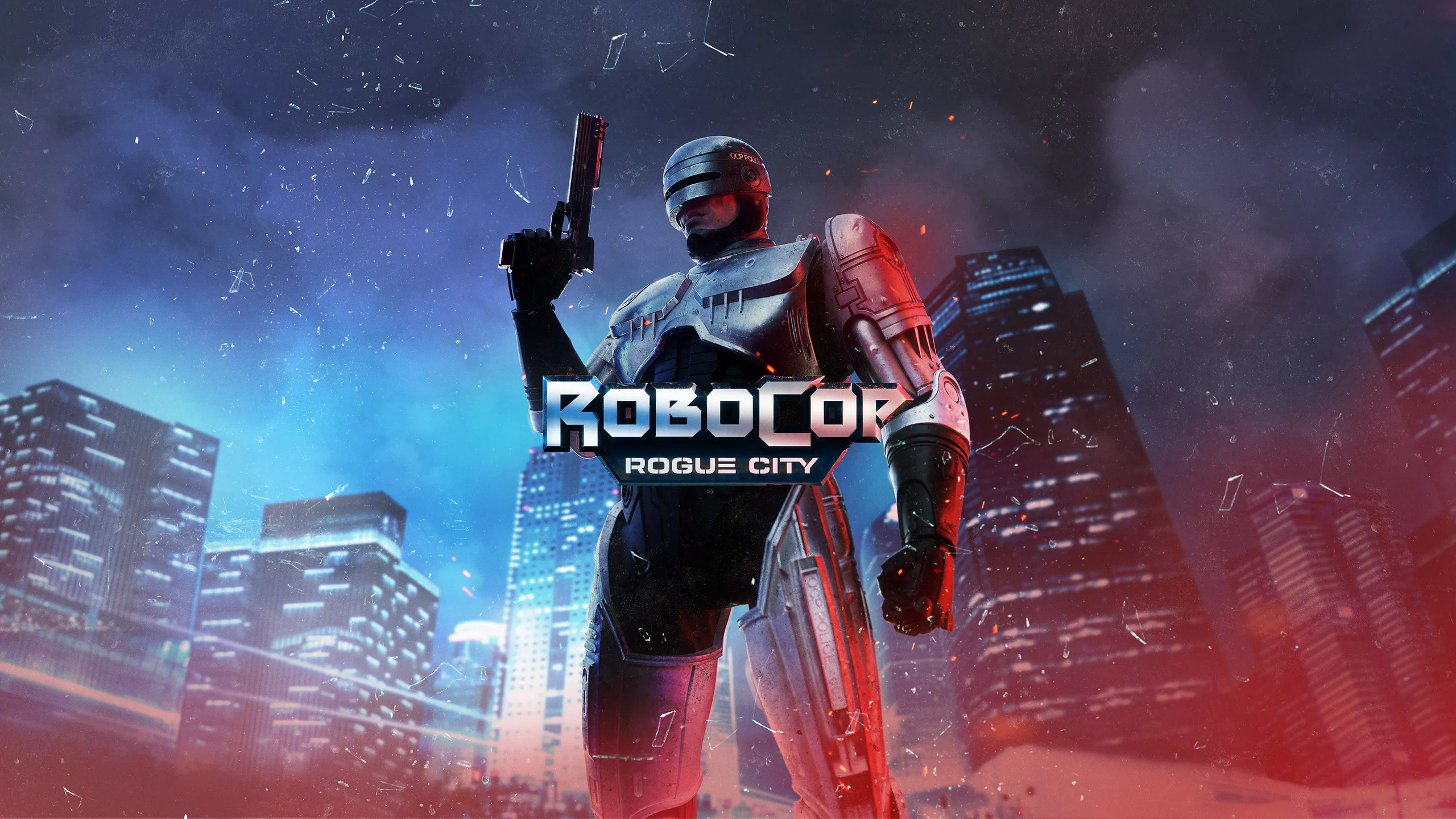
Game Review
RoboCop: Rogue City
In 1987, RoboCop made its iconic debut as one of the most beloved action movies of all time. Its success spawned a long-running series of games, with the eighth installment, **RoboCop: Rogue City**, developed by Teyon. Does it live up to the franchise’s legacy? Let’s find out.
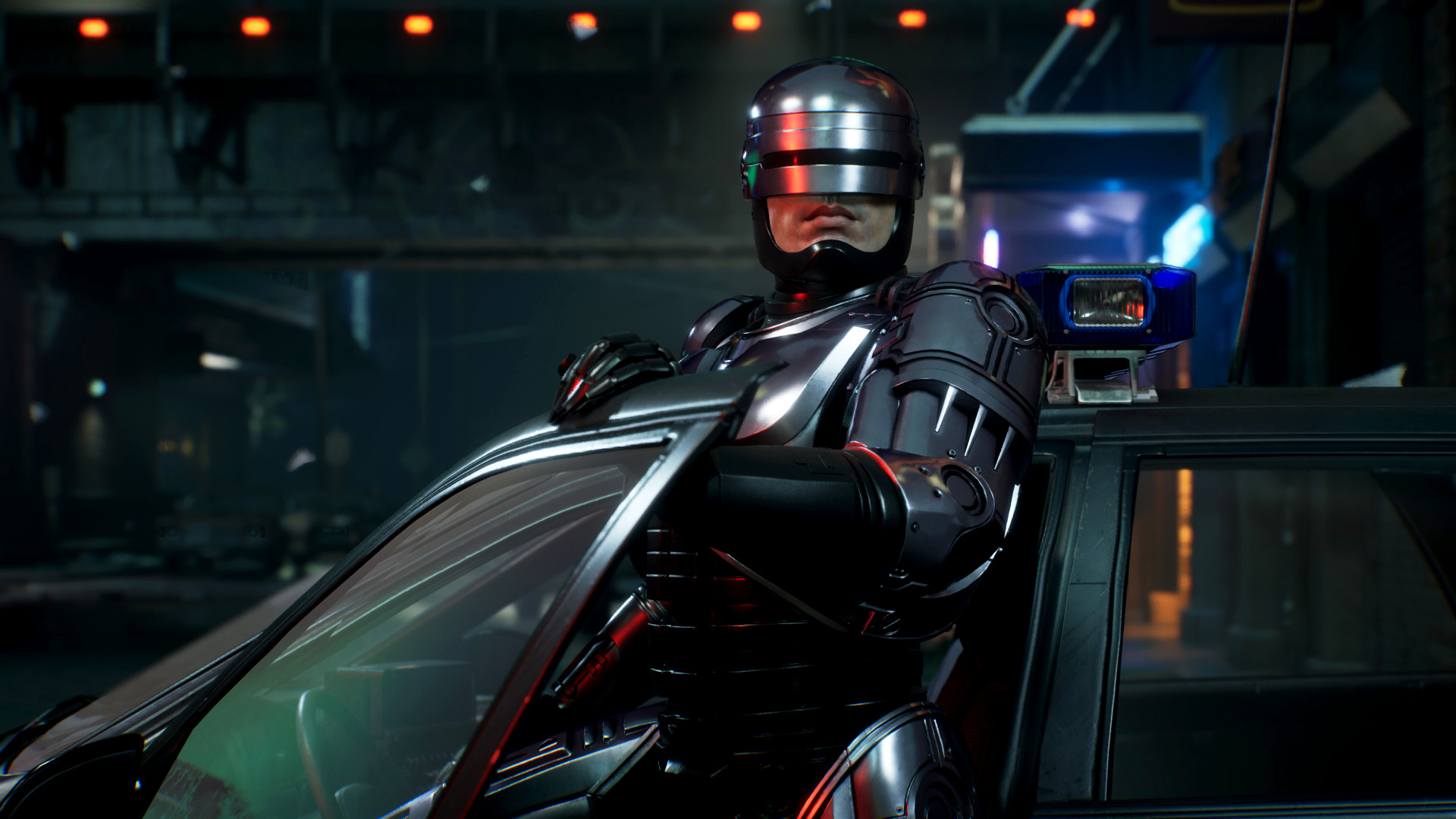
Story
Set three years after the events of **RoboCop 2**, the game takes place in a chaotic Detroit where crime and corruption have reached new heights. Alex Murphy, aka RoboCop, is determined to restore order.
However, challenges arise when the OCP corporation, creators of RoboCop, attempts to take control of the Detroit Police Department. On top of that, a secretive organization known as **The Network** is wreaking havoc, aiming to develop a weapon powerful enough to defeat RoboCop. The story revolves around Murphy’s struggle to protect the city while dealing with his internal conflict as a half-man, half-machine.
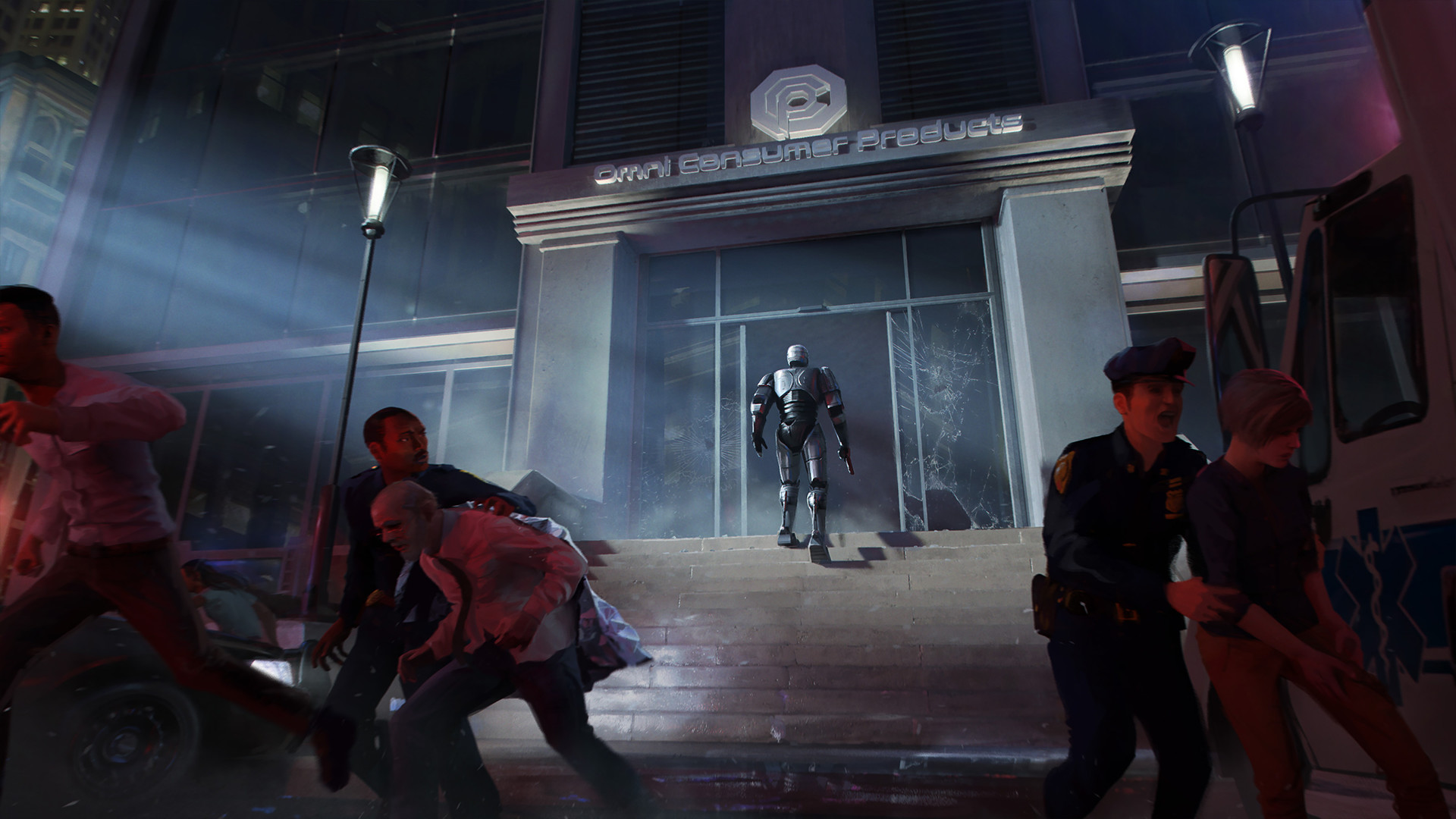
While the story is engaging for fans of the franchise, its narrative depth is straightforward and accessible even for players with intermediate English proficiency.
Gameplay
**RoboCop: Rogue City** is a first-person shooter (FPS) offering around 10 hours of gameplay. Players assume the role of RoboCop, engaging enemies while progressing through a story-driven experience.
The gameplay focuses heavily on storytelling, with cinematic cutscenes delivering much of the plot. While this immersive approach may appeal to fans seeking a movie-like experience, it leaves the core gameplay feeling shallow. The limited variety of enemy types and repetitive missions detract from the overall experience.
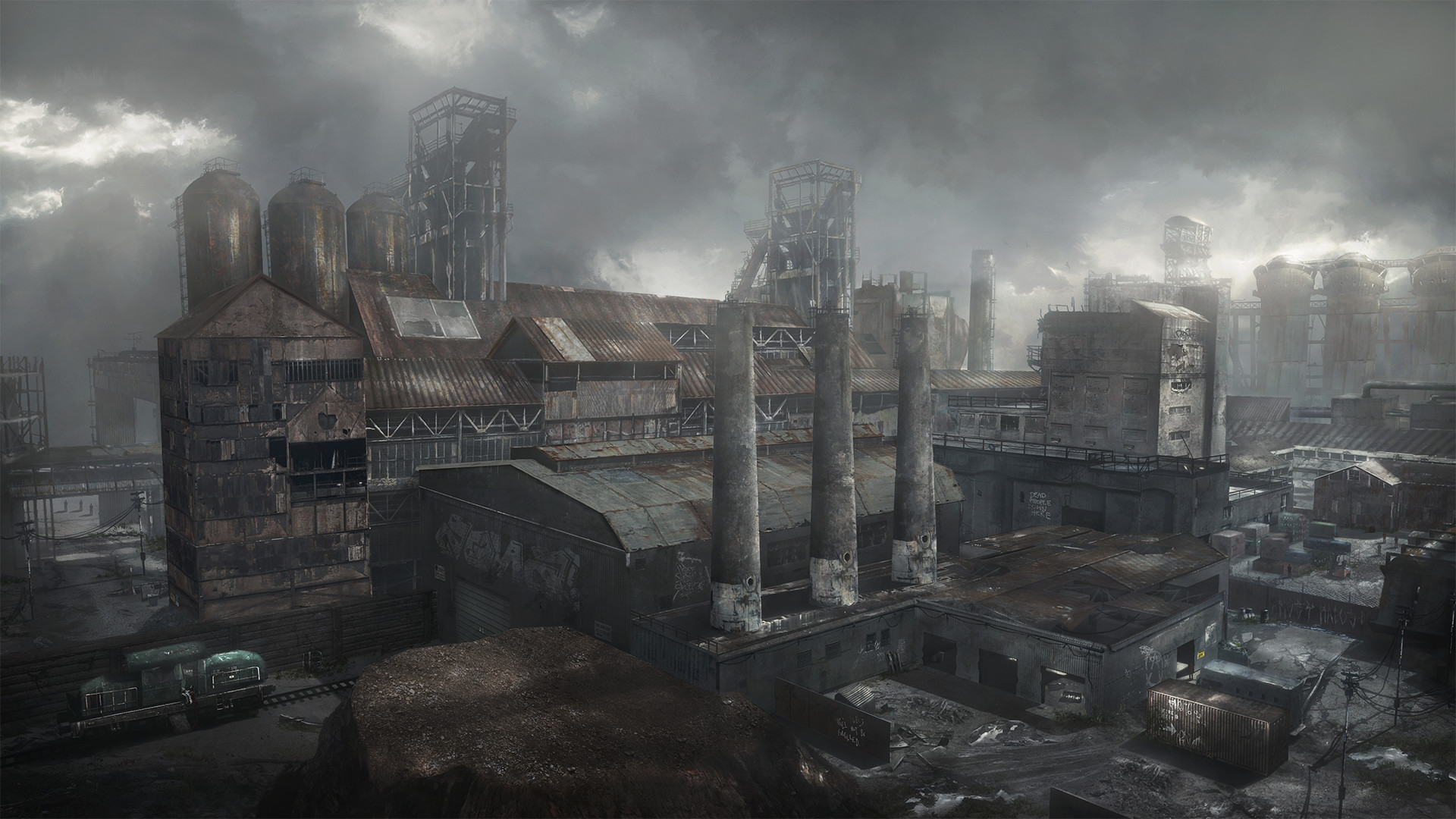
On the positive side, the game includes a skill tree allowing players to customize RoboCop’s abilities, as well as interactive environments where items like computer screens can be used as weapons. These features add a layer of strategy to combat.
However, exploration is limited, with most missions confined to specific areas. The game’s world feels restricted and lacks opportunities for open-world discovery.
Graphics
Developed using Unreal Engine 5, the game struggles to fully utilize the engine’s potential. While Detroit’s design is visually appealing, character models and textures feel dated, resembling games from the early 2010s.
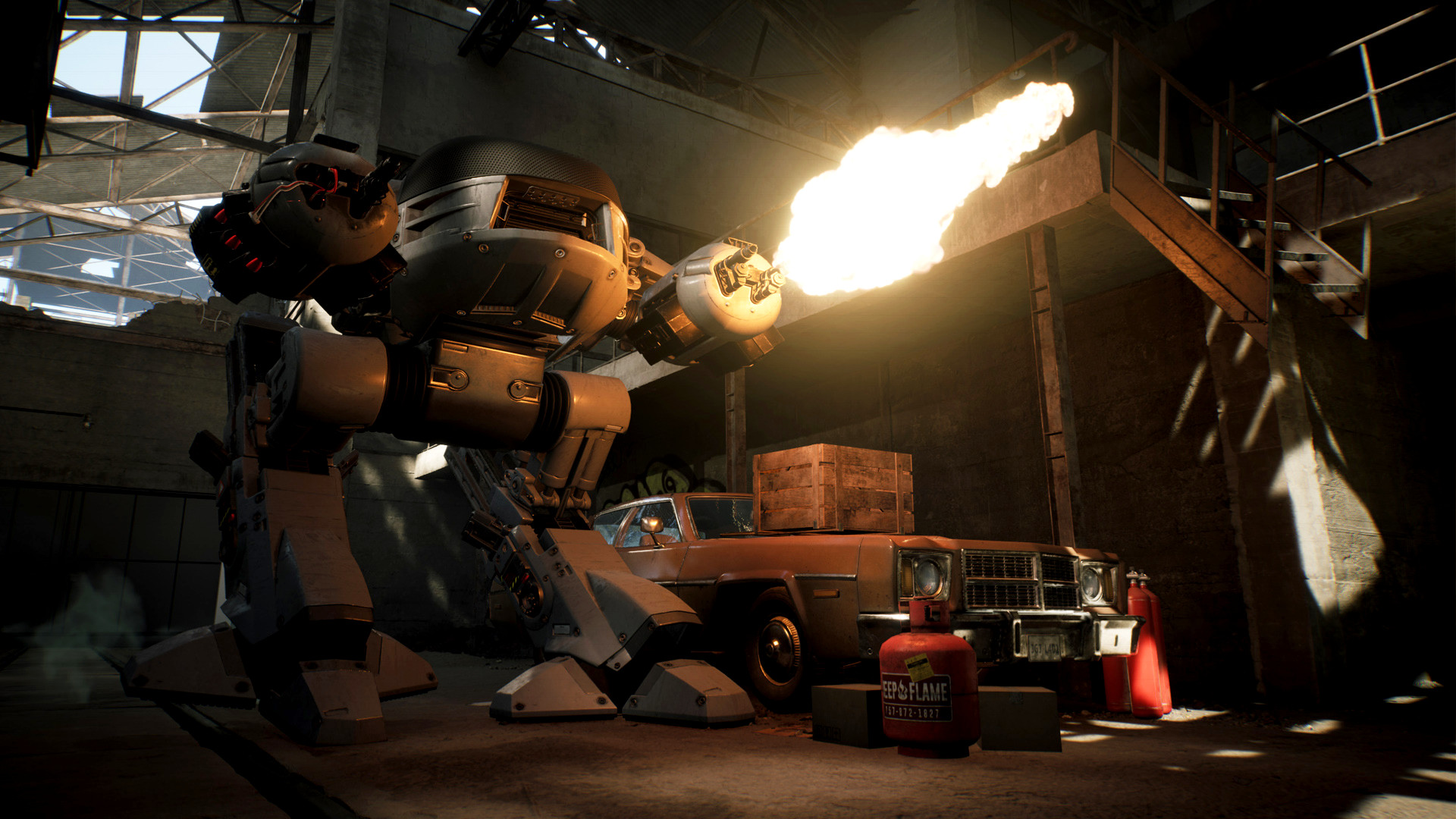
On the technical side, the game includes well-designed menus with detailed mission breakdowns. However, graphical glitches and occasional performance issues undermine the overall polish, making the visual experience inconsistent.
Summary
**RoboCop: Rogue City** is a decent addition to the franchise, offering a nostalgic trip for fans of the original movies. While its cinematic storytelling shines, repetitive gameplay and limited exploration hold it back. This game is ideal for RoboCop enthusiasts but may not appeal to those seeking groundbreaking FPS mechanics.
Final Score: 7/10
